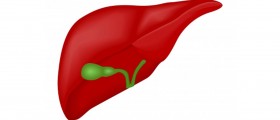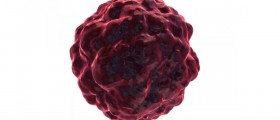My father is diagnosed with Metastatic left renal malignancy in advanced stage. What are the alternative treatment options as he is 80 years old with By pass surgery done, one Valve replaced & is on pacemaker. He does not want to go with conventional treatment.
Loading...
Managing metastatic renal malignancy (often referred to as kidney cancer) in elderly patients with significant medical histories can be challenging.
If your father is not interested in conventional treatments like surgery, radiation, or chemotherapy, there are a few alternatives and supportive measures to consider. However, these alternatives might not be curative and might focus more on symptom management and improving quality of life:
-
Targeted Therapies: These are drugs that specifically target the molecular changes seen in certain types of cancer cells. Examples for renal cancer include sunitinib (Sutent) and sorafenib (Nexavar). They might have fewer side effects than traditional chemotherapy, but they still can have side effects of their own.
-
Immunotherapy: Some newer drugs can boost the body's immune response against cancer cells. Examples include nivolumab (Opdivo) and ipilimumab (Yervoy). These treatments can sometimes cause fewer side effects than traditional chemotherapy but can still have their own set of side effects, including autoimmune reactions.
-
Palliative Care: This is care aimed at relieving symptoms and improving the quality of life without trying to cure the cancer. Palliative care can involve pain management, therapies to alleviate other symptoms, and emotional and psychological support. It can be combined with other treatments or used on its own.
-
Holistic and Complementary Therapies: These therapies, which can include acupuncture, massage, and meditation, among others, can be beneficial in managing symptoms and improving well-being. However, they should be approached as complementary to medical therapies rather than replacements for them.
-
Clinical Trials: If your father is open to it, clinical trials investigate new treatments or new combinations of treatments. He might have access to newer treatments before they are widely available. Discuss this with his oncologist.
-
Diet and Nutrition: While no diet will cure cancer, eating a balanced diet can help support overall health and potentially reduce some symptoms or side effects of the disease or treatments.
It's essential to work closely with a medical oncologist experienced in treating kidney cancer to understand all available options and tailor the approach to your father's unique situation. Additionally, a second opinion from another oncologist can sometimes provide additional perspectives or options.
It's also important to remember that your father's wishes and quality of life are paramount. Open communication with his care team will ensure that his treatment plan aligns with his values and preferences.
Loading...
















